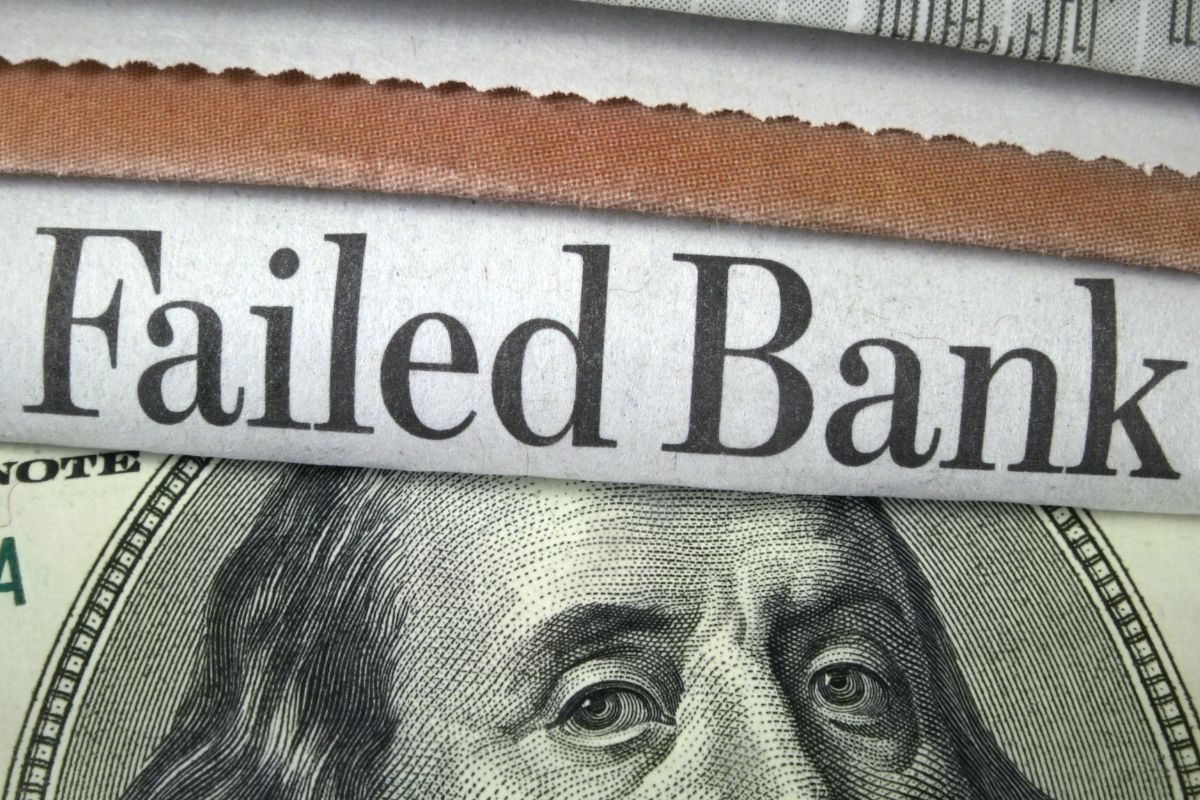Chief exec John Neal has predicted that a greater risk perception like bank failures will drive the trend.
Global insurance spending will probably reach the point that it has doubled in the coming decade, mainly driven by an increased risk perception, said Lloyd’s of London CEO John Neal.
Climate change and bank failures have reminded the world of the size of potential risks.
“Financial risk,” on the heels of bank failures in Europe and the United States, in addition to systemic risks, such as climate change and pandemics, are expected to fuel demand for additional coverage, said Neal. This will lead to substantially increased insurance spending.

“The purchase and penetration of insurance is going up at a rate that is likely to see insurance purchases double in the next decade, life and non-life,” forecasted Neal. He underscored the rise in critical markets such as US property, in addition to more rapidly rising coverage segments such as intellectual property and cyber policies.
The strong sense of risk on several levels is expected to power substantial growth in insurance spending.
Lloyd’s of London is a specialist insurance market based in London. It is comprised of over 50 insurers, who underwrite the risks for approximately 400 broking firms. Coverage includes perils ranging from bad debts to major storms.
At the end of last week, Lloyd’s issued an outlook in which it stated that it expects the premiums written across the market will reach £56 billion (about $69 billion) this year. This represents a massive rate of growth from last year’s £47 billion (about $57.9 billion), as prices increase for commercial coverage and reinsurance. The prediction was a component of the market’s full-year results, which included previously announced profit figures.
According to Neal, this insurance spending forecast represents a first for Lloyd’s. It was a component of a broader strategy to step away from the “quirky” reputation the market has long held, in favor of a more “user-friendly” way of operating for outside investors. He explained that it’s important for the market to be held to the same standard as other strong listed companies and would “have an obligation to come back and tell people” if performance diverted from its targets.”

